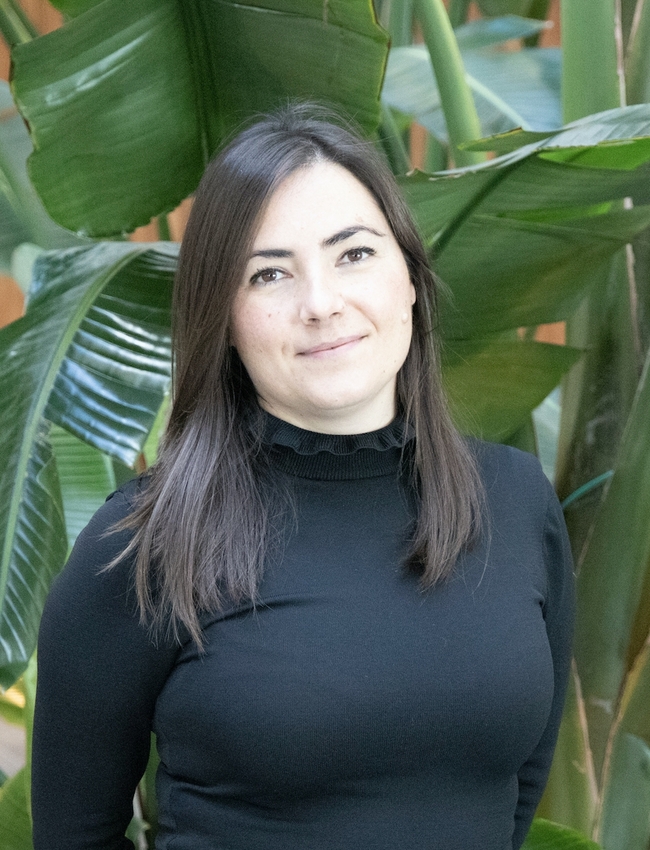The Josep Carreras Leukaemia Institute opens a new lab devoted to cellular systems genomics
Elisabetta Mereu joins the Josep Carreras Institute to head the Cellular Systems Genomics laboratory.

Researcher Elisabetta Mereu expert on single cell data analysis joins the Josep Carreras Institute to lead the new Cellular Systems Genomics group. Her laboratory will adopt a single-cell perspective, enabling the fine-grained and spatially resolved molecular profiling of tissues and developing new machine learning approaches and open-source tools in order to unlock molecular mechanisms hidden in large-scale datasets.
In the interface between genomics, digital pathology and artificial intelligence, the Cellular Systems Genomics group aims to define the spatiotemporal organization of complex tissues in health and disease. A tissue is a heterogeneous array of different cell types, each one with its own abilities and functions, working together to reach a common goal. Every cell in a tissue works according to its context and position, communicating with its neighbor cells using a particular set of molecular pathways. If any of these pathways is impaired, the normal tissue function may be at risk.
Therefore, it is paramount to understand how cells behave in such complex systems, either in healthy conditions and in disease, to develop corrective strategies. Mereu’s group will develop their research from the system’s biology perspective, focusing on the identification of key regulatory mechanisms driving heterogeneity in cellular identity and function, particularly in the context of inflammation, inflammatory disorders and autoimmune diseases.
“In a short-term perspective, these methods will help understand disease mechanisms, allowing the stratification of patients based on their molecular and cellular characteristics, ultimately providing new therapeutic targets for their treatments” says Dr. Mereu.
The career of Elisabetta Mereu
Elisabetta Mereu obtained a MSc degree in Mathematics at the University of Cagliari (Italy) in 2009. In 2015, she earned a PhD degree in Genetics at the Microcitemico Pediatric Hospital and University of Cagliari. During her PhD, she worked at the Institute of Genetics and Biomedical Research (IRGB, National Research Council - Cagliari, Italy) and at the University of California (UCSF) in the department of Neurology, where her research projects concerned the interrogation of genomic-scale datasets for the identification of genetic mutations and integration of regulatory information in the context of complex diseases susceptibility.
In 2016, she started working as computational postdoc at the National Center for Genomic Analysis of Spain (CNAG-CRG, Barcelona). Her research focus is on the analysis and interpretation of data from individual cells to determine the cellular composition of tissues and track transcriptional dynamics in health and disease. She works in a wide range of projects in collaboration with national, international research groups and consortia, such as the Human Cell Atlas and the European Pancreas Cell Atlas ESPACE. She extensively worked on the systematic comparison of single-cell RNA-seq protocols in addition to being familiar with diverse single-cell technologies and their data integration. Her expertise includes the development of machine learning tools, such as the matchSCore2 tool for the automatic annotation of cell types, as well as other computational methods for the analysis of single-cell genomics data. During her postdoc, she published more than 10 articles, 2 of these as first author, in high-ranked scientific journals including Nature Biotechnology, Genome Biology, Cell Stem Cell and Genome Research. In 2020, she was granted with a Juan de la Cierva Senior Postdoctoral Fellowship.